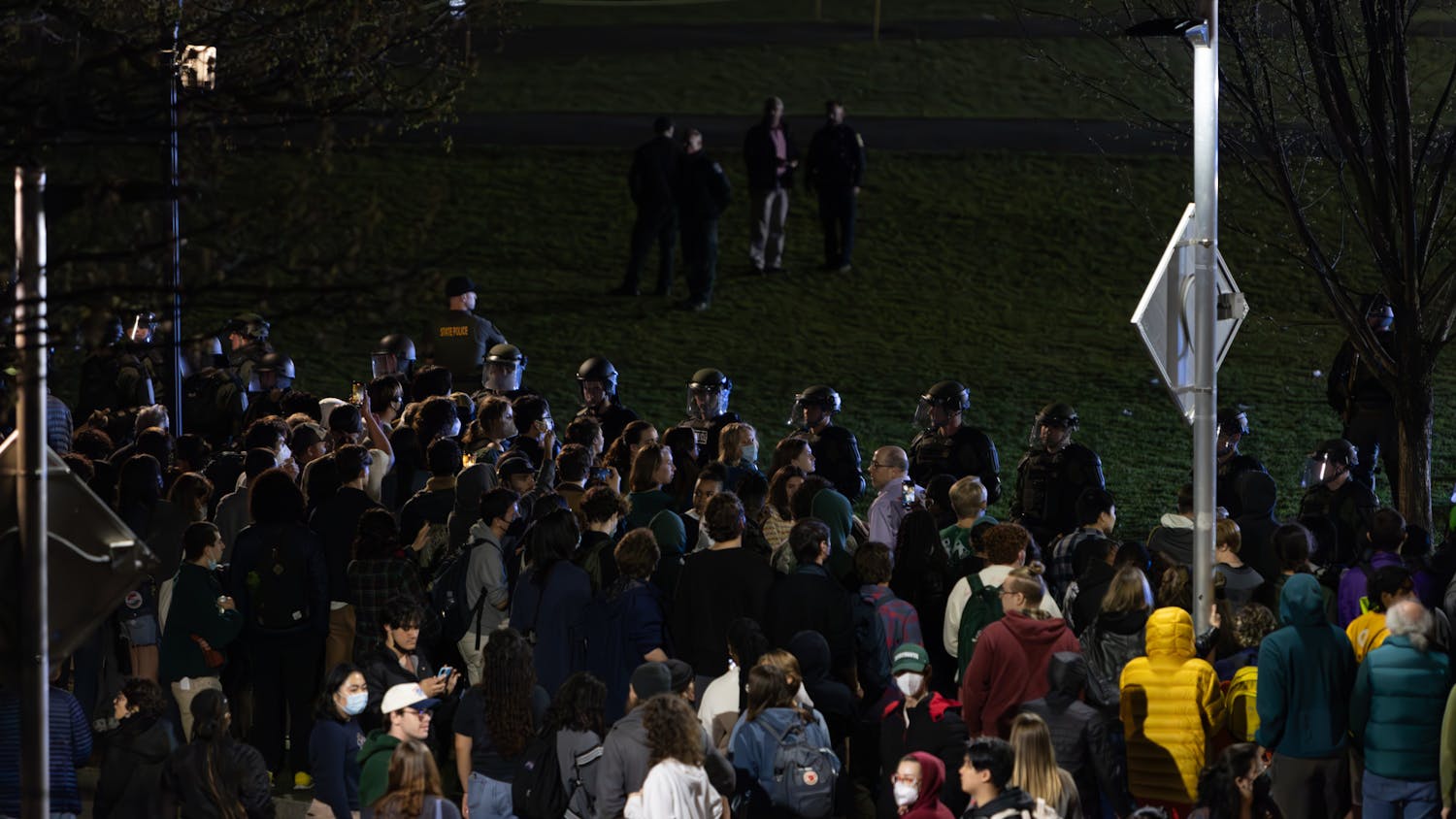Trinity College President James Jones announced that he would resign next June, a move that may have resulted from criticism he faced for demanding that Trinity's Greek system go coed, Bloomberg reported. Jones supported a college rule mandating that Trinity's 10 Greek houses have at least 45 percent of their members from the opposite gender by 2016. James announced his resignation just hours before a planned community meeting opposing the decree, which is planned to begin in September. Some alumni have said that they will not donate to the school if the decree is enacted and have formed a group that plans to challenge the proposal in court. Students opposing the initiative hosted a representative yesterday from the Foundation for Individual Rights in Education, a Philadelphia-based free-speech group.
Students allege that officers racially profiled minority students when they broke up a University of Southern California party hosted by primarily black students on Saturday morning, The Huffington Post reported. After asking the party's DJ to stop using amplified sound, police officers entered the scene and eventually arrested six USC students. One police officer was treated for minor injuries. USC students claim the incident was an example of racial profiling, since a party attended by predominantly white students across the street was not interrupted. Students have taken to social media to spread videos of the incident and raise awareness, and also staged a campus sit-in yesterday. A petition on Change.org that calls for an end to racial profiling on USC's campus has amassed 1,696 signatures.
Beginning in the spring of 2015, students taking the ACT college admissions exam will have the option to take it on a computer, The New York Times reported. While the content will remain the same, the computer version will include interactive elements designed to make students "more engaged and enthusiastic," ACT education president Jon Erickson told the Times. For example, students may be asked to pour solutions of different densities into virtual beakers and answer questions on how the solutions will mix based on their densities, Erickson said. In 2012, the ACT, with 1.7 million test-takers, was just slightly more popular among high school students than the SAT.



